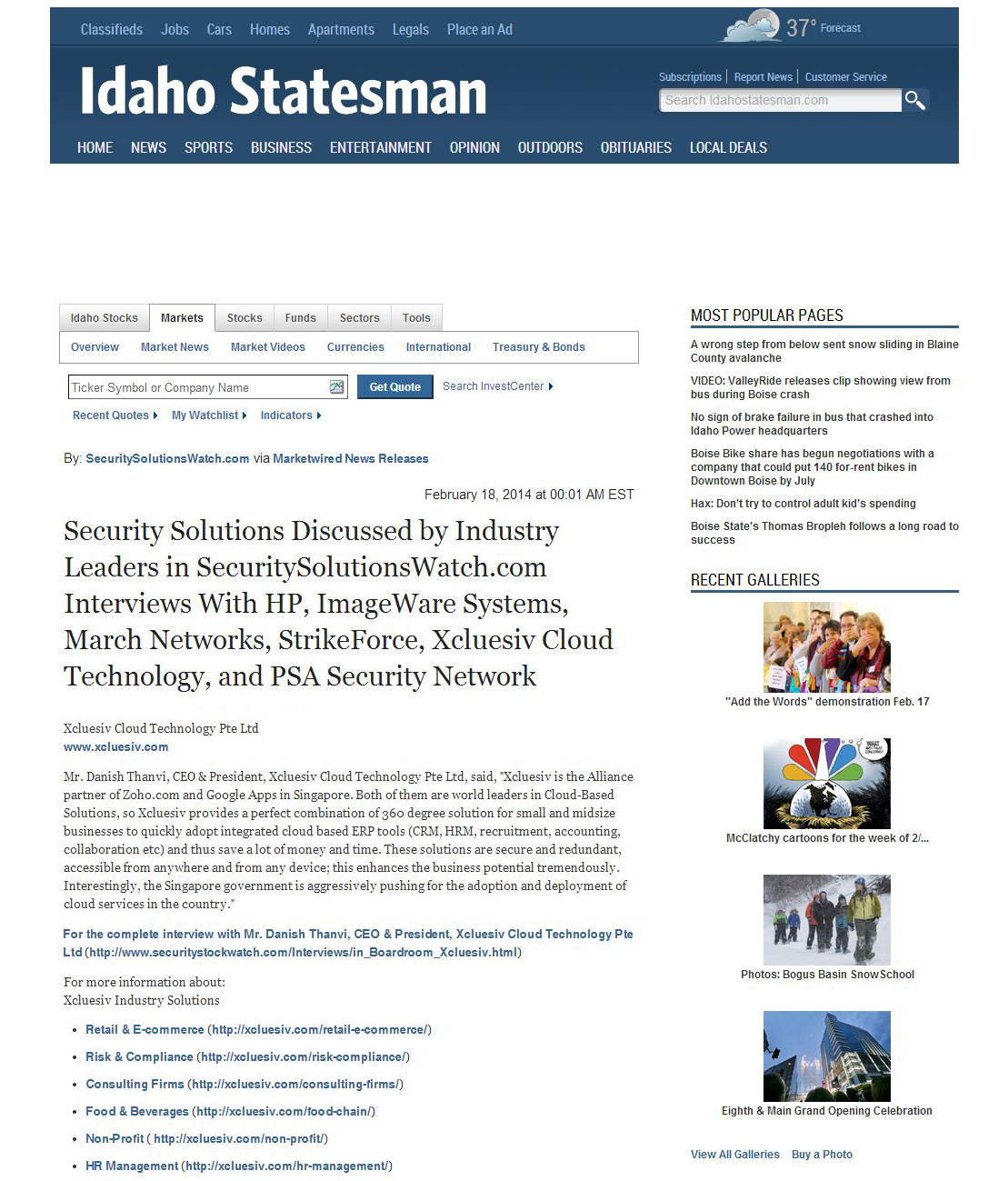Security firm McAfee Inc. provides some tips on how not to court online disaster this Valentine’s Day.
Cyber scammers are out to tug on your heart and purse strings this Valentine’s Day with their usual spam and online fraud arsenal but you can avoid being heartbroken by following these tips from Internet security firm McAfee Inc.
McAfee expects messages with a Valentine’s theme to quadruple globally as we approach Valentine’s Day, according to Brenda Moretto, Canadian consumer manager for McAfee.
“In other words, cybercriminals will be working hard to penetrate your defences because they know you will be spending at least a little bit of time online looking for gift ideas, vacation suggestions, or e-cards,” Moretto said.


Facebook scam sample
From sending out malware-laden emails, setting up phoney Facebook promotions and contests to conducting bogus online coupon scams, cyber crooks have it covered this month, she said.
Check out this list of Valentine’s scams to get an idea of how cybercriminals are exploiting this romantic holiday to steal your credit card details, install viruses on your personal computers and devices, and collect your personal information:
Valentine’s Day-themed spam
One type of bait that cybercriminals use to lure your financial information is through sending out holiday-themed emails that advertise items you may want to purchase. In regards to Valentine’s Day, you’ll often receive spam about deals on roses, chocolates, jewellery, etc. If you’re not careful, you could find yourself surfing a false Web site and purchasing products that you will never receive.
Tip: Never open emails from unfamiliar senders.
Malicious e-cards
Opening an e-card from an email address you don’t recognize is one of the easiest ways to invite malware onto your machine. For example, you may be prompted to download software to view the card, and while you may think you’re being re-directed to a legitimate site, you could actually end up installing a virus that could potentially steal your personal information.
Tip: Never click on a link in an e-card sent by someone you don’t know. Always check the address from which it was sent to ensure it came from a legitimate e-card Web site.

Percentage of spam on the rise as Valentine’s Day nears
Source
Security firm McAfee Inc. provides some tips on how not to court online disaster this Valentine’s Day.












